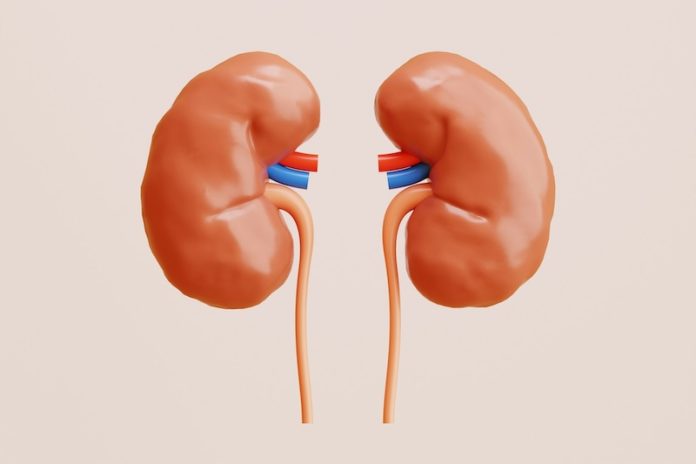
Annual health checkups often include urine tests, which are important for monitoring overall health and detecting early signs of kidney disease. These tests can measure albumin levels in urine and calculate glomerular filtration rate (GFR), two key indicators of kidney function.
When someone develops diabetic kidney disease, also known as diabetic nephropathy, albumin starts to leak into their urine. At first, the kidneys may filter too much blood, a condition known as hyperfiltration, but over time, the filtration rate slows down, and GFR decreases.
However, as people age, their kidney function naturally declines, even without disease. This makes it harder to detect hyperfiltration in older adults using current methods.
Recognizing this challenge, researchers from Osaka Metropolitan University worked on a new approach to measure GFR more accurately in older individuals.
The research team, led by Dr. Akihiro Tsuda from the Graduate School of Medicine, focused on improving how GFR is calculated. They studied 180 people who were being evaluated as potential kidney donors.
These participants were healthy and provided a good basis for refining the calculation. The team aimed to create a formula that could better identify hyperfiltration by considering both age and GFR values.
Their findings, published in Hypertension Research, highlight important limitations in the traditional method of calculating GFR. Typically, GFR is adjusted for body surface area, which can lead to inaccurate results, especially in obese individuals.
This adjustment sometimes masks hyperfiltration and makes it difficult to diagnose early kidney issues. The new formula proposed by the researchers avoids this correction for body size.
Instead, it factors in how kidney function naturally declines with age, offering a more tailored and accurate assessment for older adults.
Hyperfiltration is an early warning sign of diabetic nephropathy, a serious condition that can lead to kidney failure if not treated in time.
Dr. Tsuda emphasized the potential impact of this new method, saying it could help doctors diagnose diabetic nephropathy earlier and start treatment sooner. Early detection is crucial for slowing down the progression of the disease and improving outcomes for patients.
In summary, the study introduced a more precise way to measure kidney function in older adults by accounting for age-related changes. By refining how GFR is calculated, the researchers hope to improve early diagnosis of conditions like diabetic nephropathy.
This approach could make routine checkups more effective in detecting kidney problems and lead to better care for people at risk of kidney disease.
If you care about kidney health, please read studies about how to protect your kidneys from diabetes, and drinking coffee could help reduce risk of kidney injury.
For more information about kidney health, please see recent studies about foods that may prevent recurrence of kidney stones, and eating nuts linked to lower risk of chronic kidney disease and death.
The study findings can be found in Hypertension Research.
Copyright © 2025 Knowridge Science Report. All rights reserved.









Leave a Comment